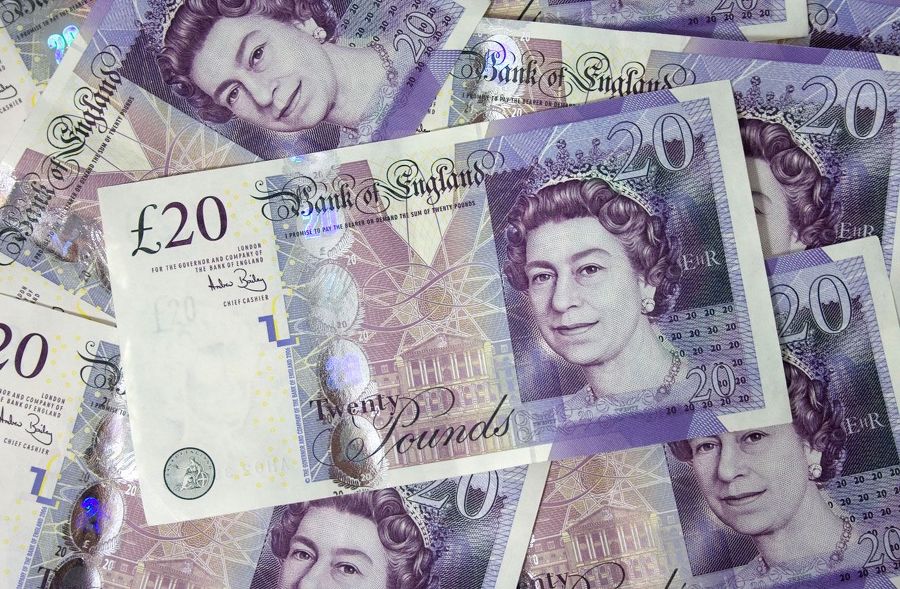UK’s Inflation rises 0.6%

United Kingdom’s inflation has risen by 0.6% which is a 20 month high since November 2014. It looks like the consequences of Britain’s exit from the EU are slowly, but surely showing even though it is formally still in the EU. Since the referendum and its result, the United Kingdom’s present and future is uncertain for many people because of its unclear effect on immigration policies. An unstable environment is a perfect recipe for the downfall of an economy, as history has suggested.
Prices for fuel for cars, alcohol, and accommodation seem to be the main factors for the rising inflation. To add to it, the pound also has weakened severely since Britain decided to leave the EU and this also has added to inflation. Due to the weakened pound, imports in the country have become costlier particularly the food items. A depreciating currency, specifically, the one that is not fixed but free can have impacts that are both short term and long term.
People in the country will have to shell out for daily goods like food, electricity, and other essential items. Unless real wages do go up, the citizens are not going to like what they will be seeing in the coming months. Real wages are wages which take inflation into account. If the increase in real wages in more than the inflation, then it is able to purchase goods and still be able to save. If the growth is less than the inflation then even though their wages are increasing, adjusting to inflation, their wages are actually depreciating.
This was the Consumer Price Inflation which has risen by 0.6%. The Retail Price was 1.9% in July. It is expected that the inflation in the UK will rise in the coming months because of uncertainty in many areas.
Economists are expecting that the CPI inflation will touch 3% in the latter half of 2017.





